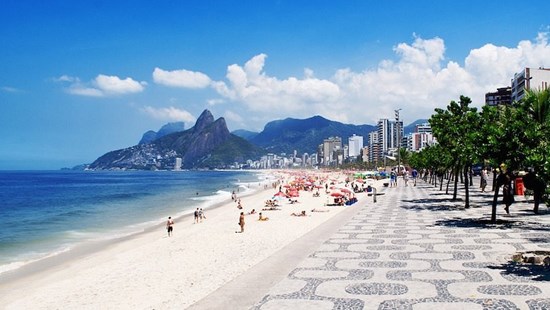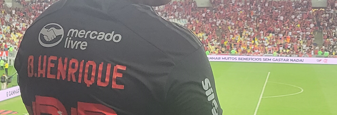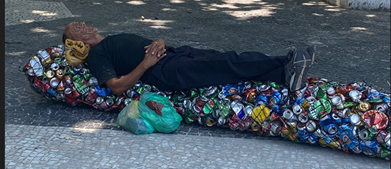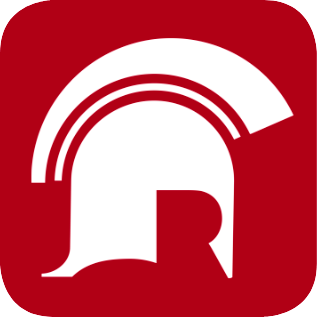
This update from Sam Dovey, our group head of fund research, is inspired by her recent trip to Brazil.
For investors in our multi manager strategies the emerging market consumer, or the rise of the emerging middle class, has been a long-term thematic investment opportunity and one that we at Ravenscroft have had exposure to one way or another for 15 years. Whilst this has not been the smoothest of rides over that time, it does add a different dynamic to the portfolio and provides diversification to both our holdings and from our peers. For example, the Growth strategy has about 20% allocated to emerging markets on a look through basis, versus our peers who have about 5%.
The Growth strategy has two global emerging market exposures in the form of the funds Arisaig and Pacific North of South (Growth also holds a frontier market fund and an Asian fund). We have owned Arisaig since 2013, whilst Pacific was bought this year; within them Latin America has always been an allocation - Arisaig has 23.5% and Pacific 18%. However, at the stock level the holdings are very different as Arisaig is what investors would term a “growth” fund whereas Pacific is a “value” fund, so they give different underlying exposures.
At the end of November, I was lucky enough to visit Brazil with my husband for our 27th wedding anniversary, I say Brazil – technically Rio. Whilst I was there it was amazing to see some of the investments that we own in our portfolios working in real life.
The one stock Brazil is probably best known for globally, Petrobras, is held in Pacific North of South and they have a 3% allocation. I took the picture below as I happened to pass their HQ walking around Rio from the cathedral to the theatre – it was also a major feature at the football match we attended at the Maracana.

Petrobras is an integrated oil and natural gas company in the energy industry. Brazil is blessed with natural resources in all shapes and sizes of which oil and gas are just one. The company is controlled by the Government of Brazil, which owns 58% of the common shares, and foreign investors or locals own the remainder.
Pacific has been holders of Petrobras for a while, and it has been in and out of its top 10 since launch, something we have spoken to the management about in depth since looking at and owning the Fund. As with most oil and gas companies, the share price does move in line with the commodity, but seemingly paradoxically Petrobras is a better investment with oil at $70 than it is at $100. Why? Because it’s now less politically sensitive, truckers can afford the diesel, the Government wants the dividends and it’s still generating $8bil in free cash flow every quarter, so it still hasn’t changed the dividend policy. It paid a “special” dividend last year, but for the last two quarters it’s paid $4bn, which equates to a 5% yield every three months – not bad in anyone’s book!
The second company I saw was Mercado Livre (outside of Brazil we know it as Mercado Libre or MELI for short). This company is currently a 5.5% holding in Arisaig and has been in its top 10 since May 2017.
MELI is an online e-commerce platform that enables businesses, merchants, and individuals to list merchandise and conduct sales and purchases online. In the developed world think Amazon – the picture below was taken at the football match!

MELI also has a FinTech app which we used successfully on the beach – even the beach sellers in Copacabana and Ipanema take tap and go! As well as this, the company offers banking facilities in terms of deposits and loans and a fully functioning logistics platform alongside advertising. There is a reason why Amazon has not broken into Latin America – and that reason is MELI - as they are the market. In addition to being the market leaders in the region, at a company level its growth is also very impressive, this has been reflected in its share price as from 1 May 2017 to 14 December 2023 the company has posted a return of 836% in USD versus the MSCI World index of 76%. (Source - Bloomberg)
When you think about Latin America, I think many people have an idea that the region would be dirty given its commodity bias, but it really is far from it. The gentleman below has collected the cans from the beach and roadsides, he will then take them to be recycled and get paid for it – once he has finished his nap of course!

There were several things I learned from my seven nights away:
- You cannot get hold of Brazilian Real outside of Brazil – well we couldn’t, and the foreign exchange said we could only get hold of it once in the country – I did wonder why BRL was not on Revolut.
- Uber is the preferred mode of transport, and it is cheap – in part due to their local commodity supply. This also goes to highlight how technology in the form of “direct connection” has taken hold in the region.
- Tap and go is used everywhere – it is pretty much a cashless society.
- Christ the Redeemer statue is massive.
- The 2016 Olympic Park (the last time I wrote about Latin America) is completely abandoned and has been left to rot – only the Maracana is fully utilised today.
- Despite people’s concerns, I found it really safe.
- Last but not least - caipirinhas are really good!
I came away from my holiday a big fan of Brazil – both from a leisure and investment perspective – and I am not the only one to be impressed, as Bill Gates wrote about Brazil last week in his blog – if you’re interested to read it then click HERE.

